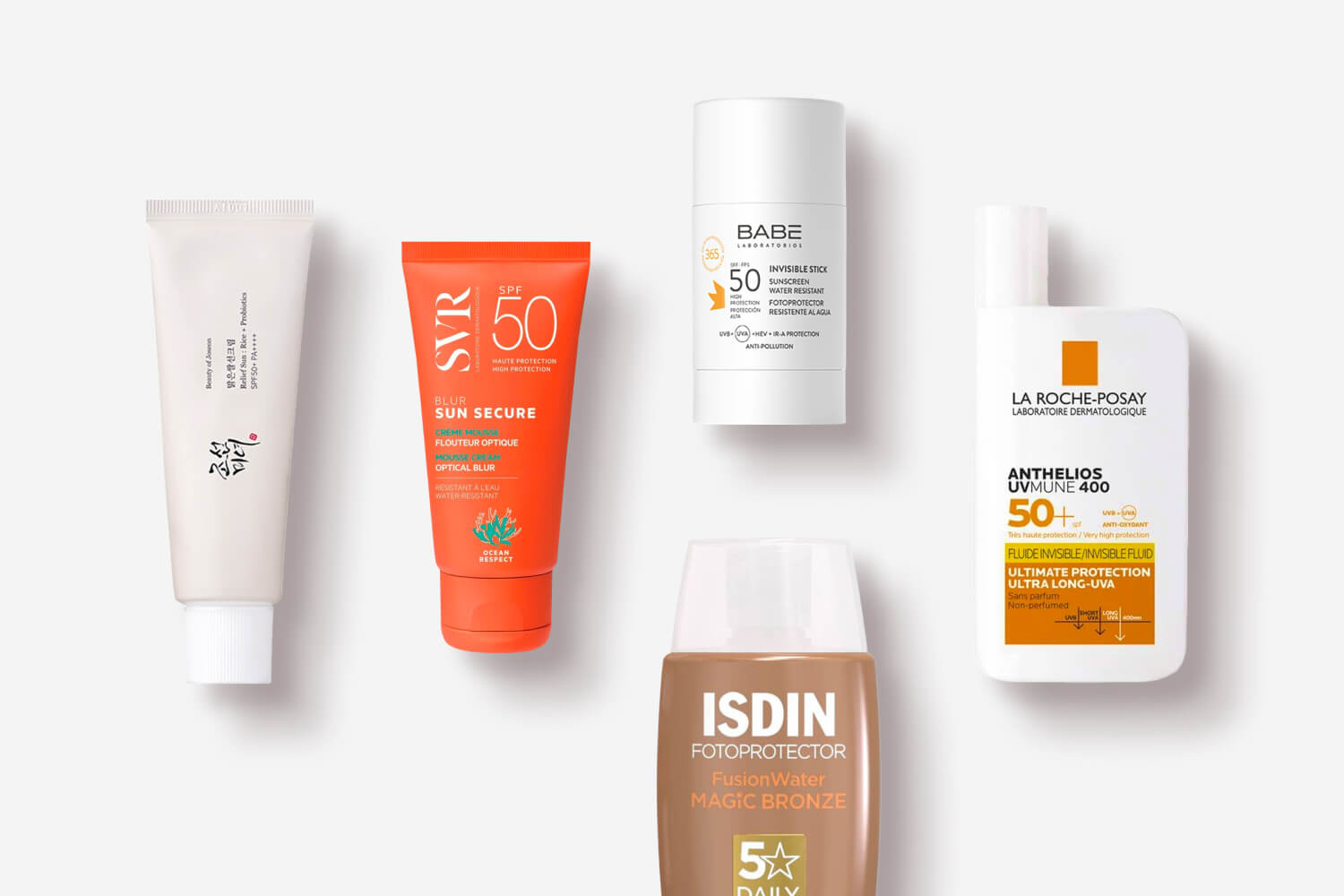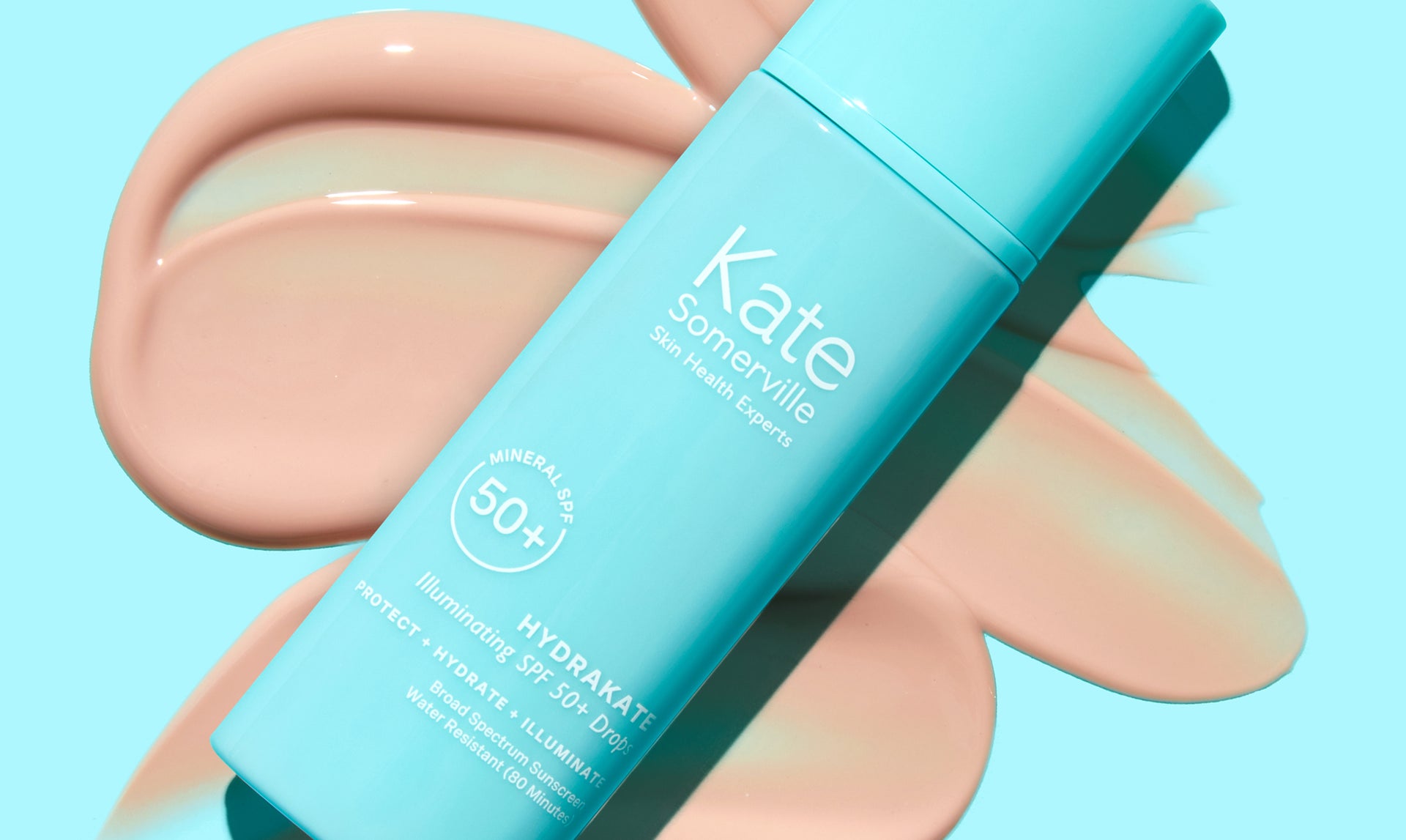Chemical Sunscreen : An In-depth Guide
Introduction Of Sunscreen
Sunscreen is a necessary component of skin protection , particularly against damaging ultraviolet (UV) radiation from the sun . Chemical sunscreen have grown in popularity due to their lightweight compositions and broad-spectrum protection . Chemical sunscreen capture UV photons and convert them to heat , which is then emitted from the skin .
In this article we will look at the composition , operating mechanism , benefits potential hazards and applications of chemical sunscreens . Understanding these variables will allow you to make more educated decisions when choosing the finest sunscreen for your skin.
What Is Chemical Sunscreen
Chemical Sunscreen are sun protection products that use organic molecules to absorb UV rays before it reaches the skin . These molecules conduct into heat which is then emitted from the skin’s surface .
Common Sunscreen UV Filters
Chemical Sunscreen contain a variety of active chemicals that protect against ultraviolet light . Some of the most widely used chemical UV filters are
1: Oxybenzone :
Absorbs UVB and short wave UVA radiation .
2 : Avobenzone :
Offers broad-spectrum UVA protection .
3 : Octinoxate :
Primarily absorbs UVB rays which helps prevent sunburn .
4 : Homosalate :
Increase the stability of the others sunscreen components
5 : Octisalate :
Increase water-resistance and protects against UVB rays .
6 : Octocrylene :
Stabilizes avobenzone while also providing UVB protection . These chemicals are frequently used in formulations to provide broad sun protection .
How Chemical Sunscreens Work
Chemical Sunscreen functions by absorbing and converting ultraviolet energy .
1 UV Ray Absorption
Chemical’s sunscreen active chemicals permeate the skin’s outer layers .
2 Conversion to Heat
When exposed to sunshine ,these chemicals absorb UV radiation ,causing a chemical transition .
3 Heat Dissipation
The received energy is transformed into heat and expelled from the skin , preventing UV rays from damaging the cells .Because chemical sunscreen function through absorption , they take around 15 to 30 minutes to become effective after application.
Advantages Of Chemical Sunscreen
Chemical Sunscreen provide various advantages ,making them a popular choice for many individuals .
1 Lightweight and Simple to Apply
Unlike physical sunscreen ,which can leave a white cast chemical sunscreens are lightweight and blend easily into the skin .
2 Improve Cosmetic Appeal
They work well with cosmetics and skincare products , making them a good choice for everyday use.
3 Broad-spectrum protection
Many chemical sunscreen have numerous UV filters , ensuring complete protection against UVA and UVB rays .
4 Water and Sweat Resistance
Several chemical sunscreens are water-resistant making them suitable for outdoor activities such as swimming and sports .
how to Choose right Chemical Sunscreen
Choosing the correct sunscreen is determined by a variety of factors , including skin type , activity level and environmental corners .
Verify the SPF rating
Sun protection Factor (SPF) determines how well a sunscreen blocks UVB radiation . Dermotologists recommend SPF 30 or greater for daily use .
Search for Broad-spectrum protection
Make sure the sunscreen protects against both UVB and UBA radiation for complete coverage
Consider your skin type
Oily skin choose lightweight oil-free or gel based products
Dry Skin
Choose Sunscreen that include moisturizers such as hyaluronic acid .
Sensitive Skin
Avoid oxybenzone and seek for gentler formulations .
water resistant
For long lasting protection , use a water-resistant sunscreen when swimming or doing other outdoor activities .
Potential Risks and Side Effects
While chemical sunscreens have many advantages ,they also have certain downsides and potential risks
Skin Sensitivity and Allergies
Some people especially those with sensitive skin , report irritation ,redness , or allergic reactions after using chemical sunscreen .
Hormone Disruption concerns
According to studies , certain chemical sunscreen chemicals such as oxybenzone can affect hormone balances in the body . However regulatory organizations continue to investigate these concerns
Environmental impact
Certain chemical sunscreen chemicals have been connected tp coral reef destruction . As a result , locations like Hawaii have outlawed certain UV filters such as oxybenzone and octinoxate
Heat Generation And potential Skin Damage
Chemical Sunscreen which convert UV photons into heat ,may contribute to heat-induced skin aging particularly in person prone to hyperpigmentation .
Chemical Sunscreen Cause Cancer
Although there is no conclusive evidence that chemical sunscreen cause cancer regulatory bodies like the FDA continue to monitor their safety
Higher SPF Means 100% protection
SPF 100 does not provide double the protection of SPF 50 . instead , SPF 50 block about 98% of UVB rays . While SDF 100 blocks around 99%
Sunscreen is only Needed on Sunny Days
UV rays penetrate clouds , so sunscreen should be worn daily ,regardless of the weather
Chemical sunscreen provide efficiency UV protection with their lightweight compositions and broad-spectrum coverage . While they raise some concerns about skin sensitivity and environmental impact , they are nevertheless a practical and effective solution for everyday sun protection . The best sunscreen for you is determined by your skin type , lifestyle and climate . applying sunscreen appropriately and consistently can greatly lower your risk of sunburn premature aging and skin cancer . Understanding the benefits and cons of chemical sunscreen appropriately and consistently can greatly lower risk of sunburn premature aging and skin cancer . Understanding the benefits enables you to make informed decisions that promote skin health and protection .




:max_bytes(150000):strip_icc()/tal-reef-safe-sunscreens-apr-24-test-isdin-eryfotona-actinica-zinc-oxide-100-percent-mineral-jackie-cucco-11-94082cc5eff9419d964493dcd6a82d87.jpeg)
:max_bytes(150000):strip_icc()/tal-reef-safe-sunscreens-apr-24-test-isdin-eryfotona-actinica-zinc-oxide-100-percent-mineral-jackie-cucco-9-183031a7ffb448e2a20b9e900dc9b67d.jpeg)